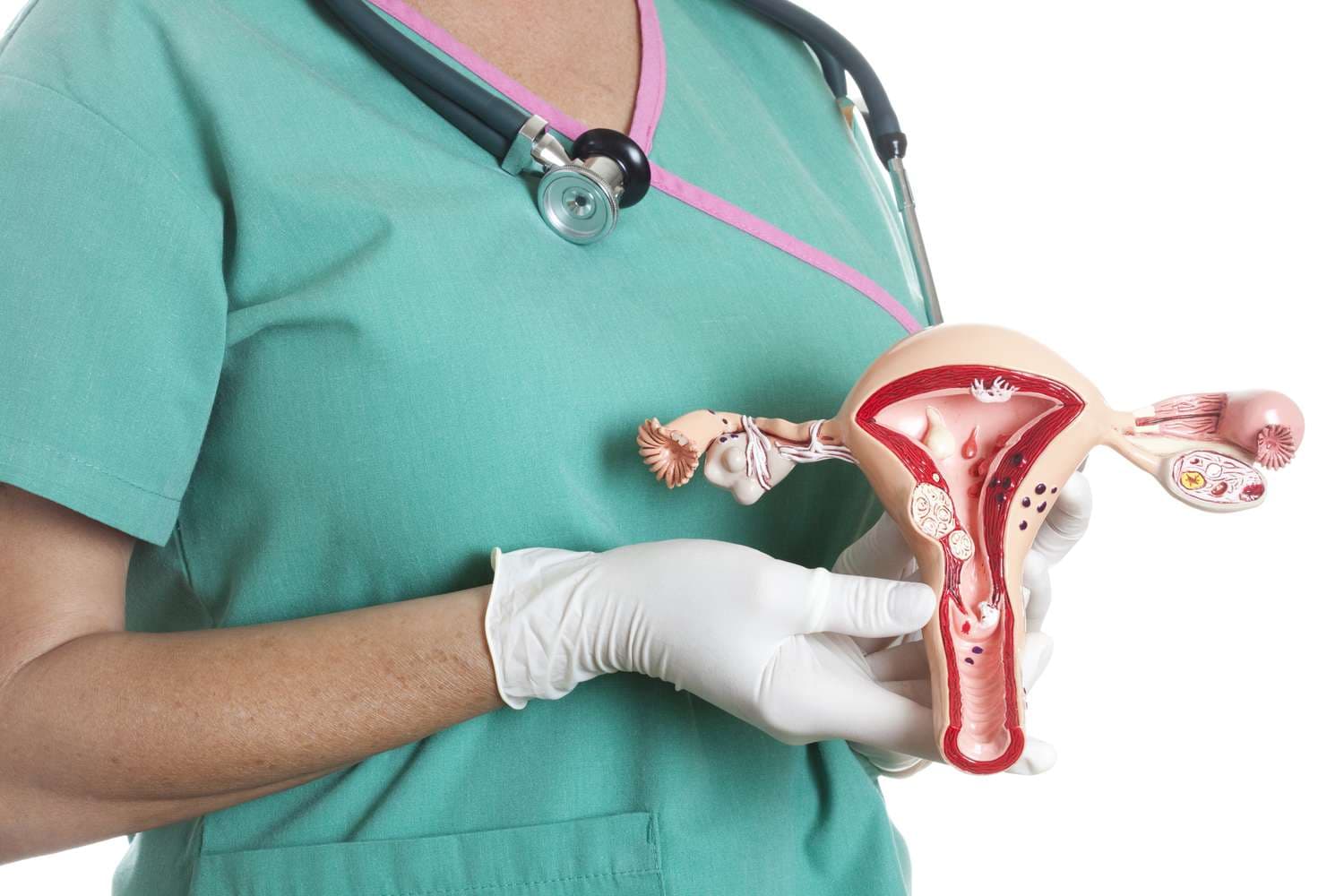Allelization is an innovative livestock breeding method that relies on the use of genetic markers to control the sex of offspring. This approach is a powerful breeding tool that allows livestock producers to more accurately control the sex of animal offspring to improve herd productivity and economic performance.
Principle of operation
Allelization is based on the principle of association of certain genetic markers with the sex of the offspring. This is accomplished by using genetic markers that are closely related to the genes that control the sex of the animal. By analyzing the DNA of livestock, it is possible to determine which alleles of these markers are present in the parents and accordingly predict the sex of their offspring.
Advantages
Improved breeding efficiency: Allelization allows animals to be selected for breeding based on their genetic makeup, making selection more efficient and targeted.
Saves time and resources: The method reduces the time required to produce animals of a particular sex and reduces the amount of resources spent on keeping and breeding non-targeted offspring.
Risk minimization: Allelization allows livestock producers to reduce the risks associated with unwanted offspring of a particular sex, such as an excess of steers or a shortage of cows for milk production.
Application in practice
The allelization method has already been successfully applied in the selection of cattle of some breeds. Producers can select parents for breeding based on their genetic profile to ensure the desired sex ratio of offspring and maximize herd productivity.
Conclusion
Allelization is a promising approach to sex selection of cattle to improve the efficiency of the breeding process and optimize meat and milk production. This method opens new opportunities for cattle producers to improve the genetic potential of their herd and achieve desired breeding results.



